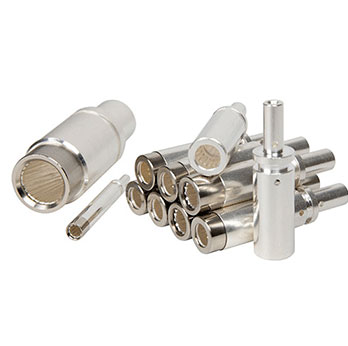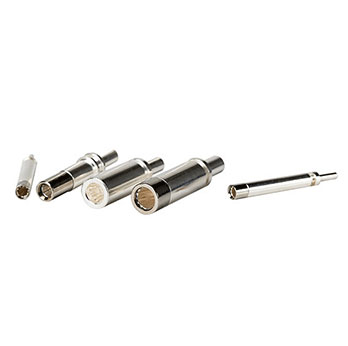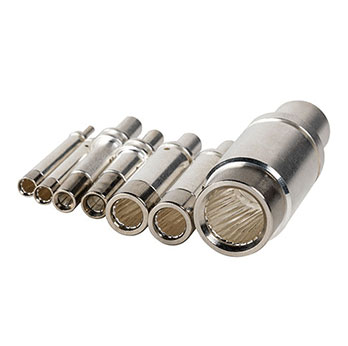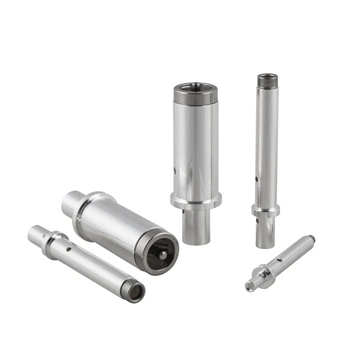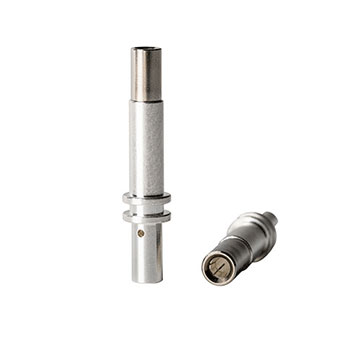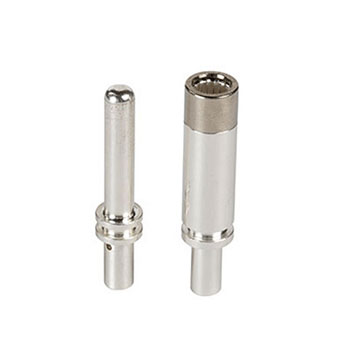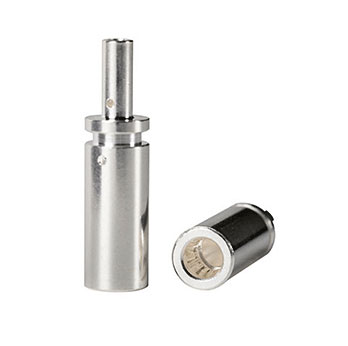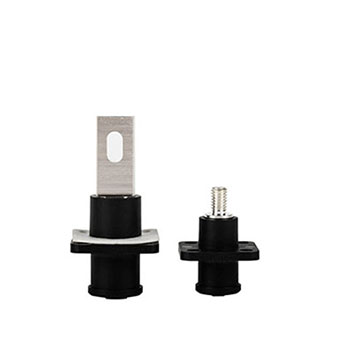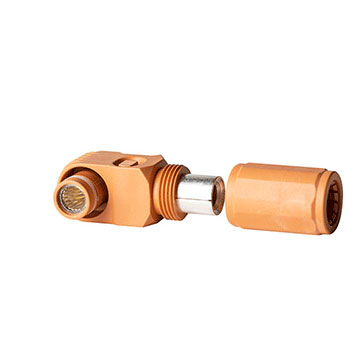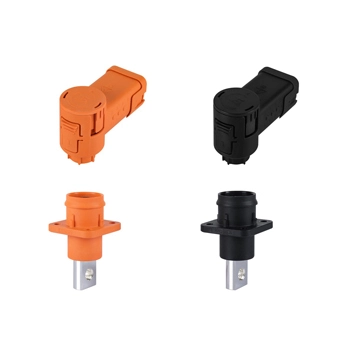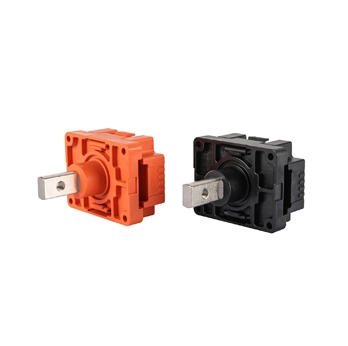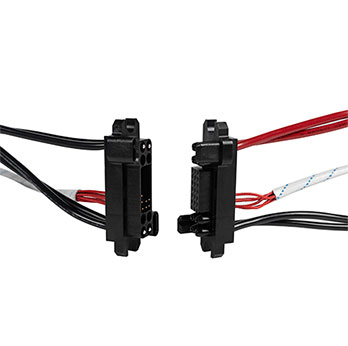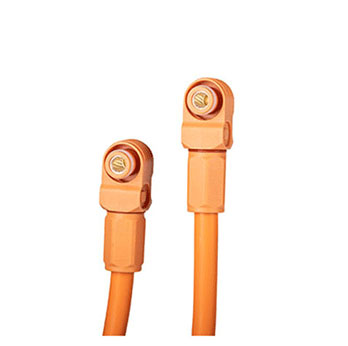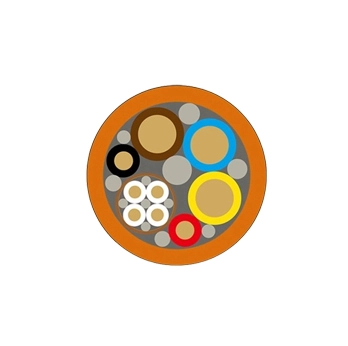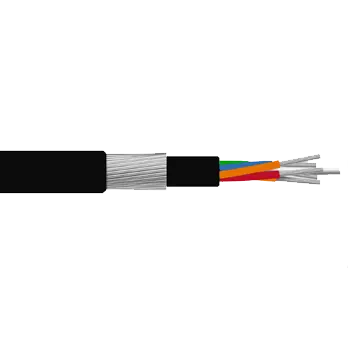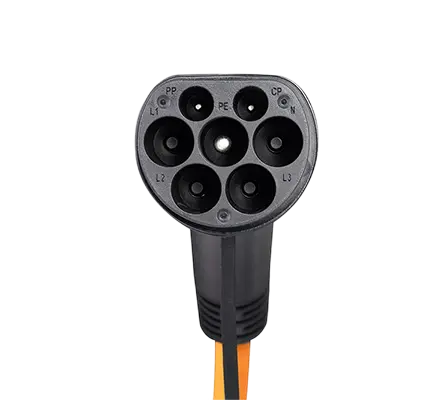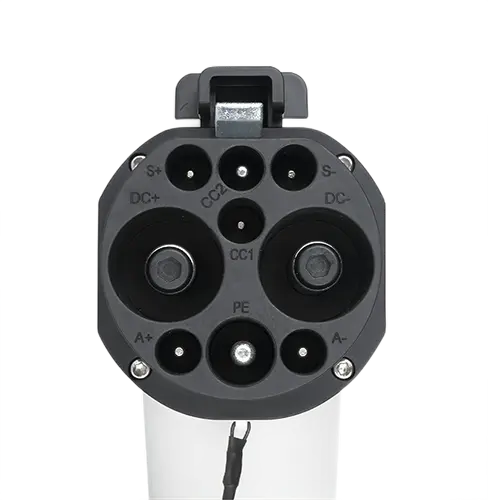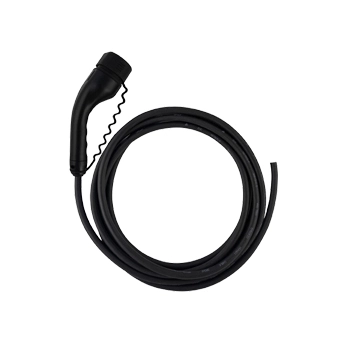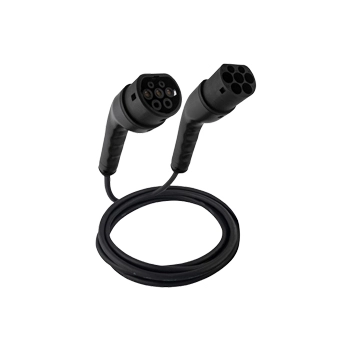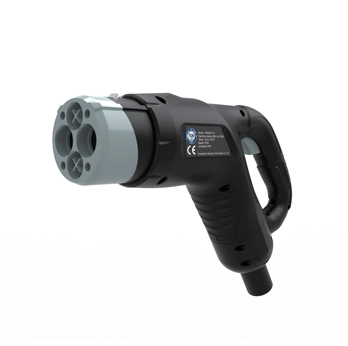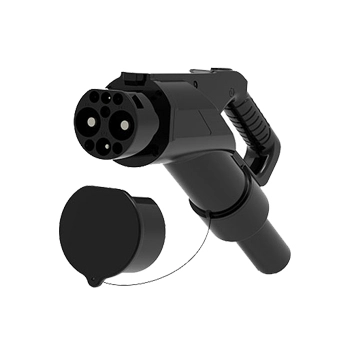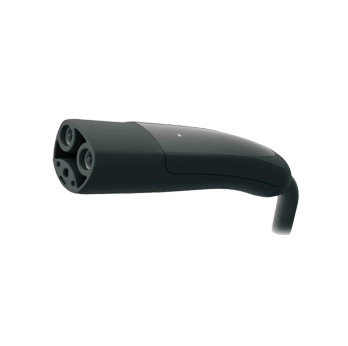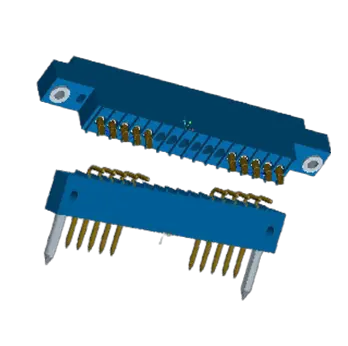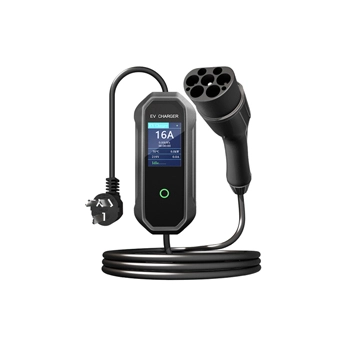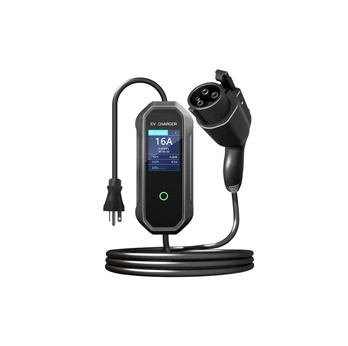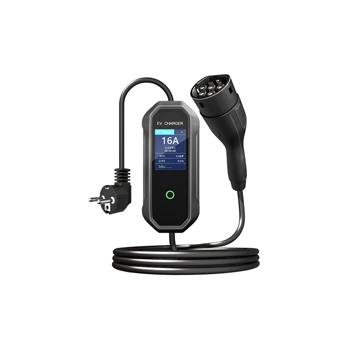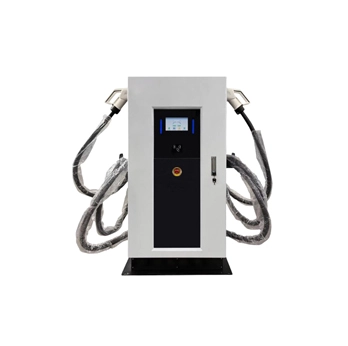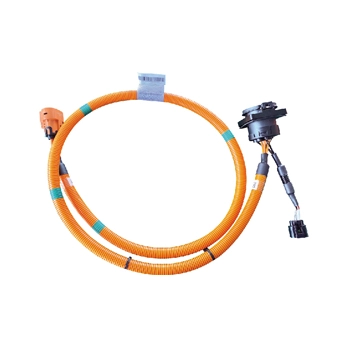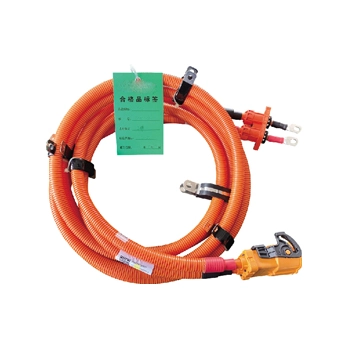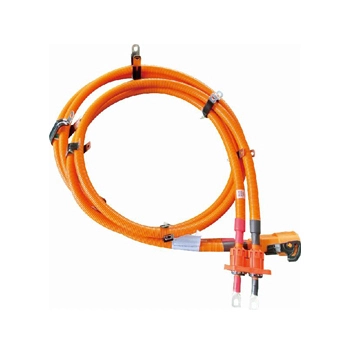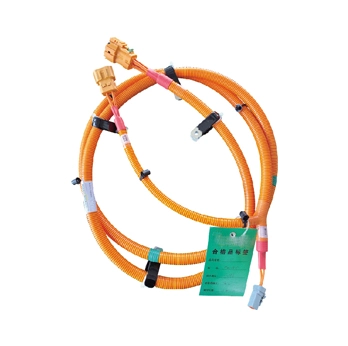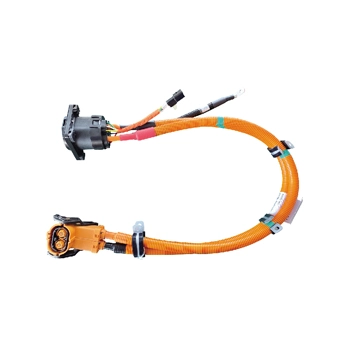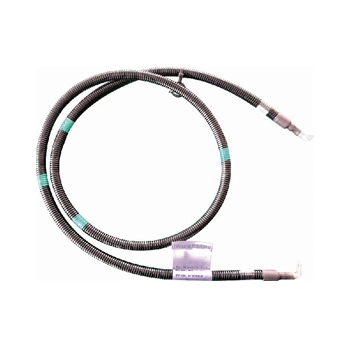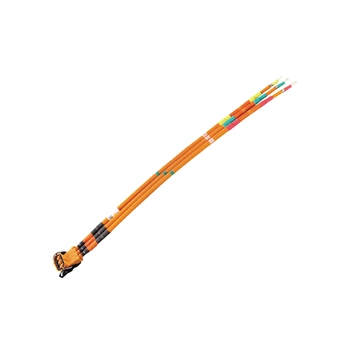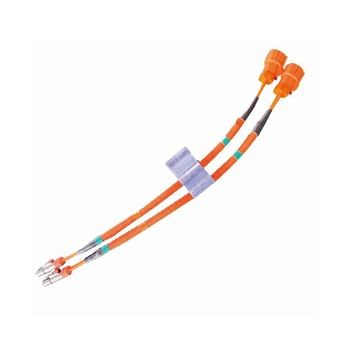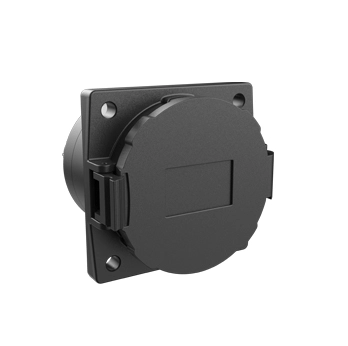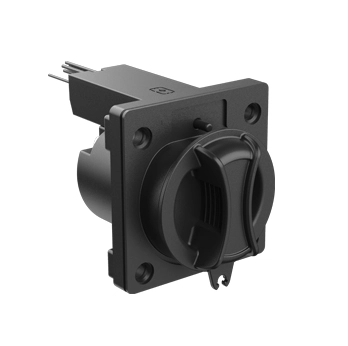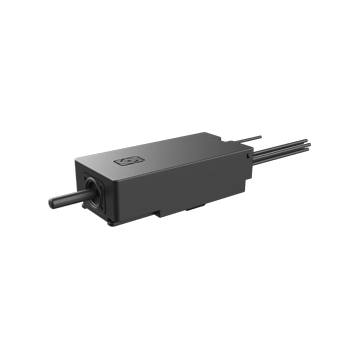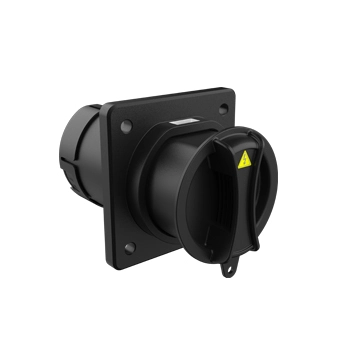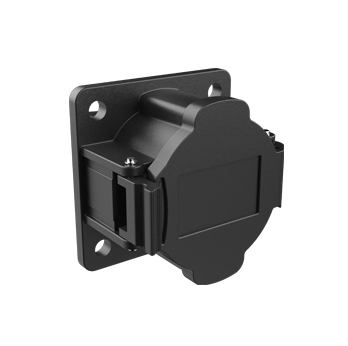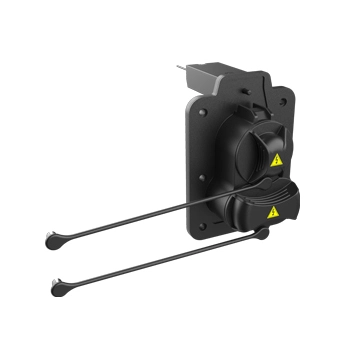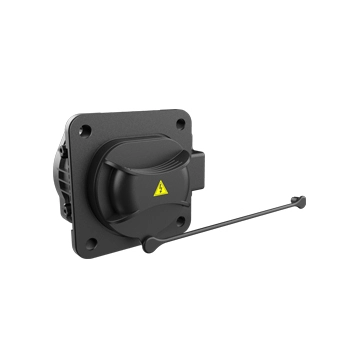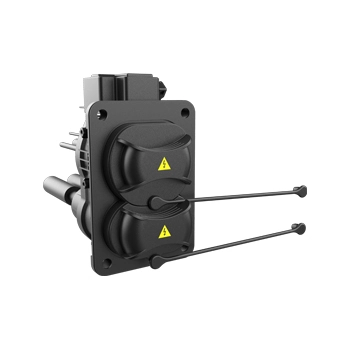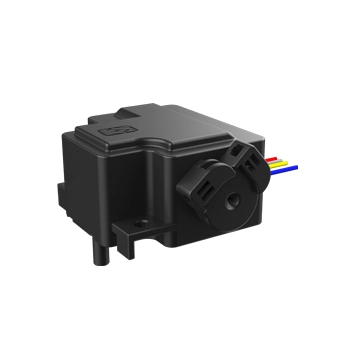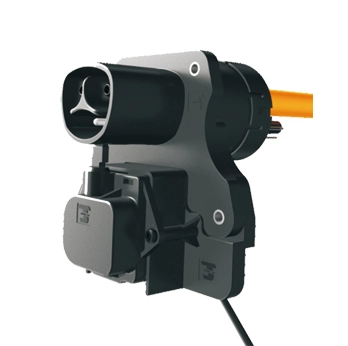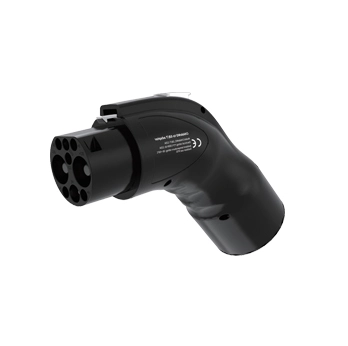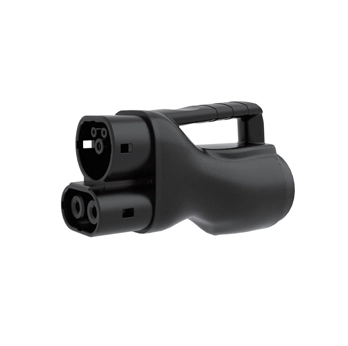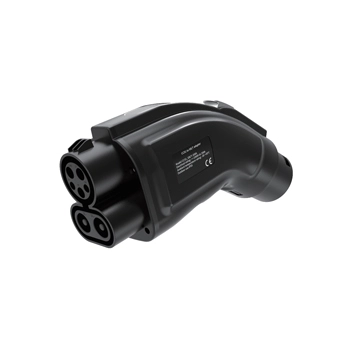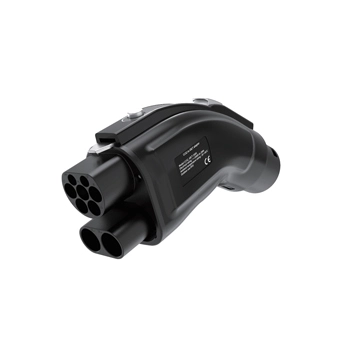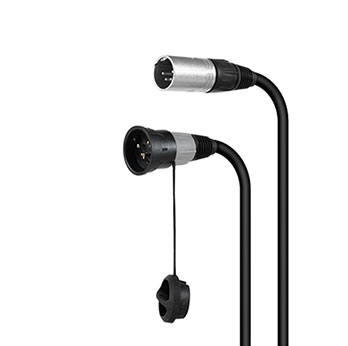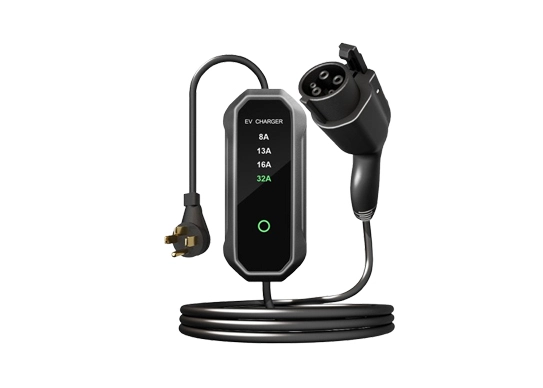-
 Brass Connector Pin For IEC EV Charging Plug
Brass Connector Pin For IEC EV Charging Plug
-
 Contact Pins For Sae EV Charging Plug
Contact Pins For Sae EV Charging Plug
-
 Charging Pin Connector For GB/T EV Charging Plug
Charging Pin Connector For GB/T EV Charging Plug
-
 NACS Connector Pin For Tesla EV Charging Plug
NACS Connector Pin For Tesla EV Charging Plug
-
 Lamella Contact Pins
Lamella Contact Pins
-
 Hyperboloid Contacts
Hyperboloid Contacts
-
 Crown Spring Pins
Crown Spring Pins
-
 Energy Storage Socket Connector
Energy Storage Socket Connector
-
 Energy Storage Plug Connector
Energy Storage Plug Connector
-
 SS1 Series Connector for Energy Storage Connector
SS1 Series Connector for Energy Storage Connector
-
 SS2 Series Connector for Energy Storage Connector
SS2 Series Connector for Energy Storage Connector
-
 Custom Cable Harness Assembling
Custom Cable Harness Assembling
-
 Wiring Harness Connector
Wiring Harness Connector
-
 EN50620 Cables
EN50620 Cables
-
 Electric Vehicle Charging Cable
Electric Vehicle Charging Cable
-
 Elevator & Conveyor Cable
Elevator & Conveyor Cable
-
 Industrial Cables And Wires
Industrial Cables And Wires
-
 AC Charging Connector
AC Charging Connector
-
 DC Charging Connector
DC Charging Connector
-
 Type 2 Open End Charging Cable
Type 2 Open End Charging Cable
-
 Type 2 -Type 2 Charging cable
Type 2 -Type 2 Charging cable
-
 CHAdeMo Connector
CHAdeMo Connector
-
 GB/T DC Charging Connector
GB/T DC Charging Connector
-
 NACS Vehicle Plug
NACS Vehicle Plug
-
 Mode 2 GBT Portable EV Charger
Mode 2 GBT Portable EV Charger
-
 J1772 SAE Type 1 Portable EV Charger
J1772 SAE Type 1 Portable EV Charger
-
 IEC62196 Type 2 Portable EV Charger
IEC62196 Type 2 Portable EV Charger
-
 DC EV Charger
DC EV Charger
-
 AC Socket Cable(AC Socket→Battery)
AC Socket Cable(AC Socket→Battery)
-
 PDU Cable(Battery→Motor)
PDU Cable(Battery→Motor)
-
 Motor Wire
Motor Wire
-
 PTC Cable(Battery→Air Conditioner)
PTC Cable(Battery→Air Conditioner)
-
 DC Socket Cable(DC Socket→Battery)
DC Socket Cable(DC Socket→Battery)
-
 Ground Wire
Ground Wire
-
 Three Phase Power Line
Three Phase Power Line
-
 Air Pump Line→Compressor
Air Pump Line→Compressor
WHAT ARE YOU LOOKING FOR?

